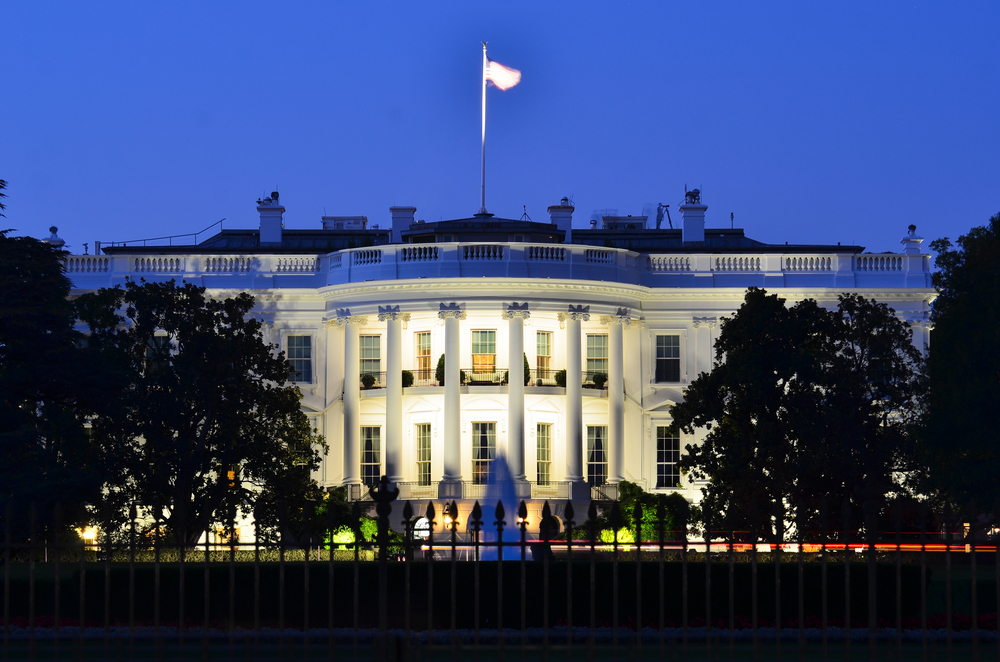In the fiercely competitive world of professional sailing, every second matters. And, as with any sport, competitors look to gain any advantage they can by getting their hands on the latest equipment, fine-tuned to give them even the slightest advantage. This demand for the best equipment creates the same kind of competition among manufacturers, which can lead to battles over IP, licensing deals, and trade secrets.
Former Licensee Knocks Wind Out Of Sail Manufacturer’s Trade Secrets Claims











